Industry 5.0 - Comprehensive Knowledge about Future Development.
Discover the latest technologies, transformative strategies, and practical insights driving the evolution of modern production.
Industry 5.0 - Evolution or Revolution?Discover New Frontiers of Industrial Production
This fascinating concept focuses on combining the good of society, ecology, resilience to external factors, and efficiency of production activities. The collaboration between humans and machines is centered on individualized production, without mass production and loss of quality.
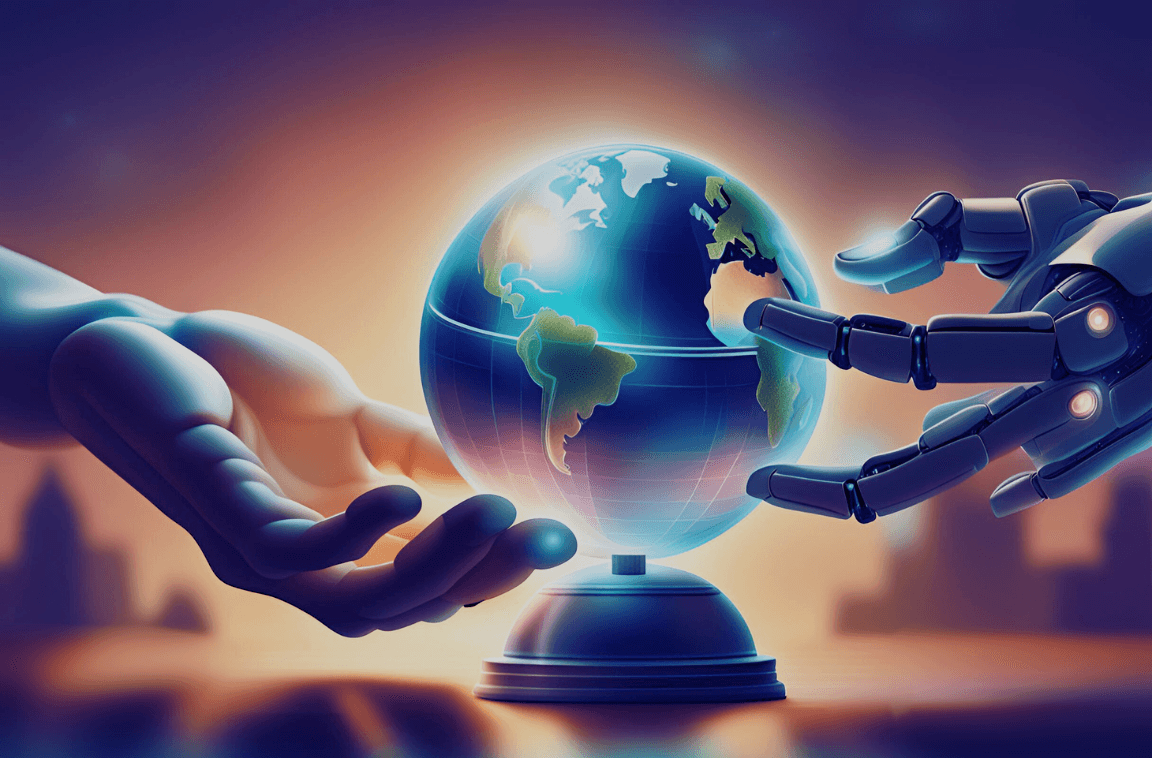
What exactly is Industry 5.0?
Industry 5.0 is a revolutionary approach to production that integrates people, machines, and technologies, changing the way goods and services are produced. Industry 5.0 not only leverages advanced digital technologies such as artificial intelligence, data analysis, and the Internet of Things, but also places a strong emphasis on developing workers' skills and ensuring data and system security.
Why is Industry 5.0 Important?A Key Trend in Industrial Production
Industry 5.0 is important because it enables businesses and industries to actively provide society with solutions that protect resources, ensure social stability, and achieve climate goals. The benefits are focused on the broader world, including workers, not just productivity and profits.
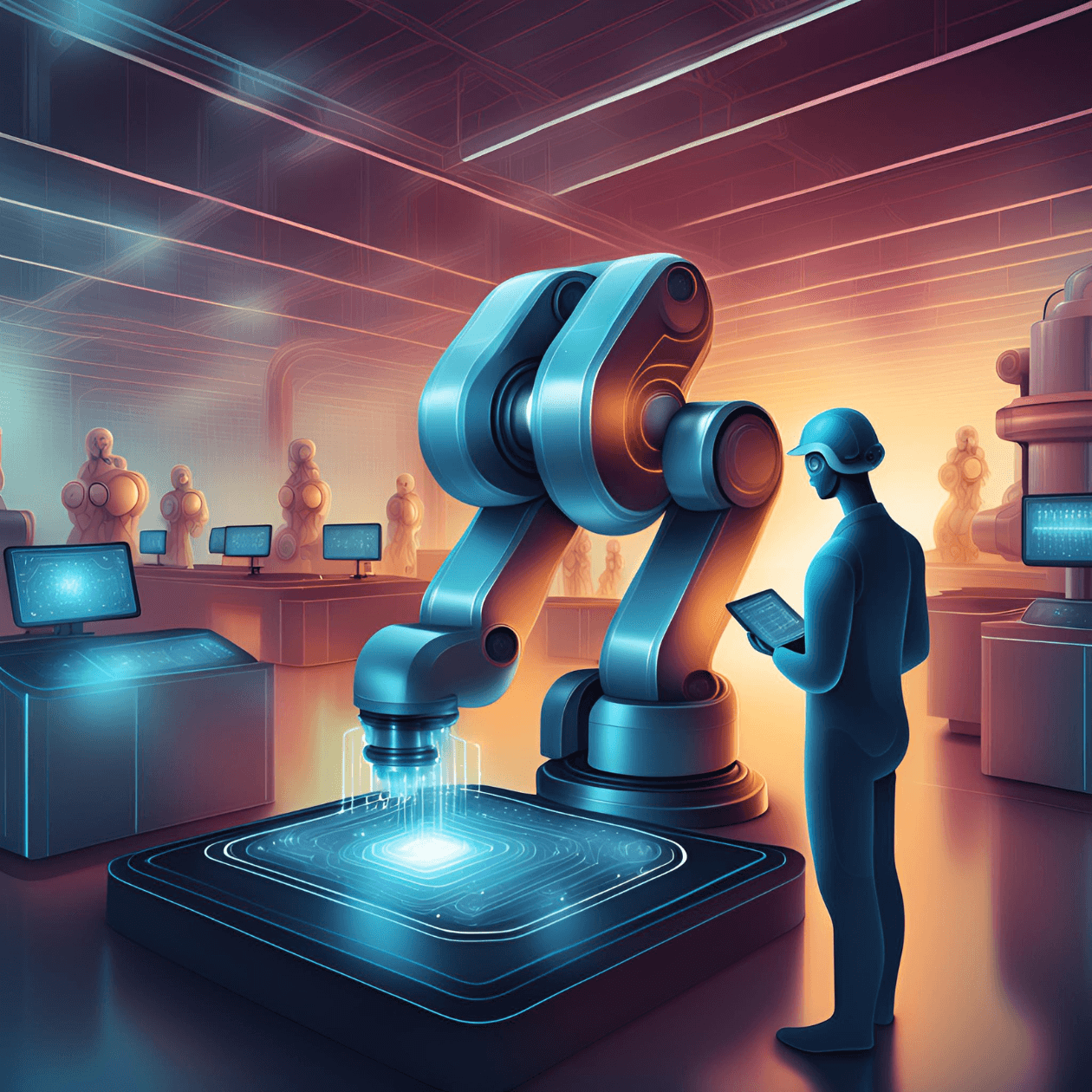
What is the Future of Industry 5.0?
The Future of Industry 5.0 It includes the production of robots, including industrial robots, with enhanced artificial intelligence and cognitive computing technologies to improve efficiency and delivery speed, while allowing humans to focus on other areas.
History Inspires Those Who Seek GrowthDiscover the History of Industrial Innovations
From the beginnings of craftsmanship to modern smart factories, the industry has undergone tremendous evolution, each bringing not only technological advancements but also profound social and economic changes. Industry remains the driving force of the global economy, and its history shows how technological innovations can shape our future.
Read moreDiscover the Potential of Industry 5.0
Industry 5.0 is not just another step in the evolution of industry, it is a true revolution in how we perceive production.
Explore innovative approaches that are transforming the face of industry, emphasizing human advancement and sustainable development. Discover how Industry 5.0 benefits society and the environment, opening new opportunities for business and industry.
- Decentralization
- Economic Reorientation
- Sustainable Development
- Digital Transformation
- Emphasis on Human Progress and Well-being
- New Metrics
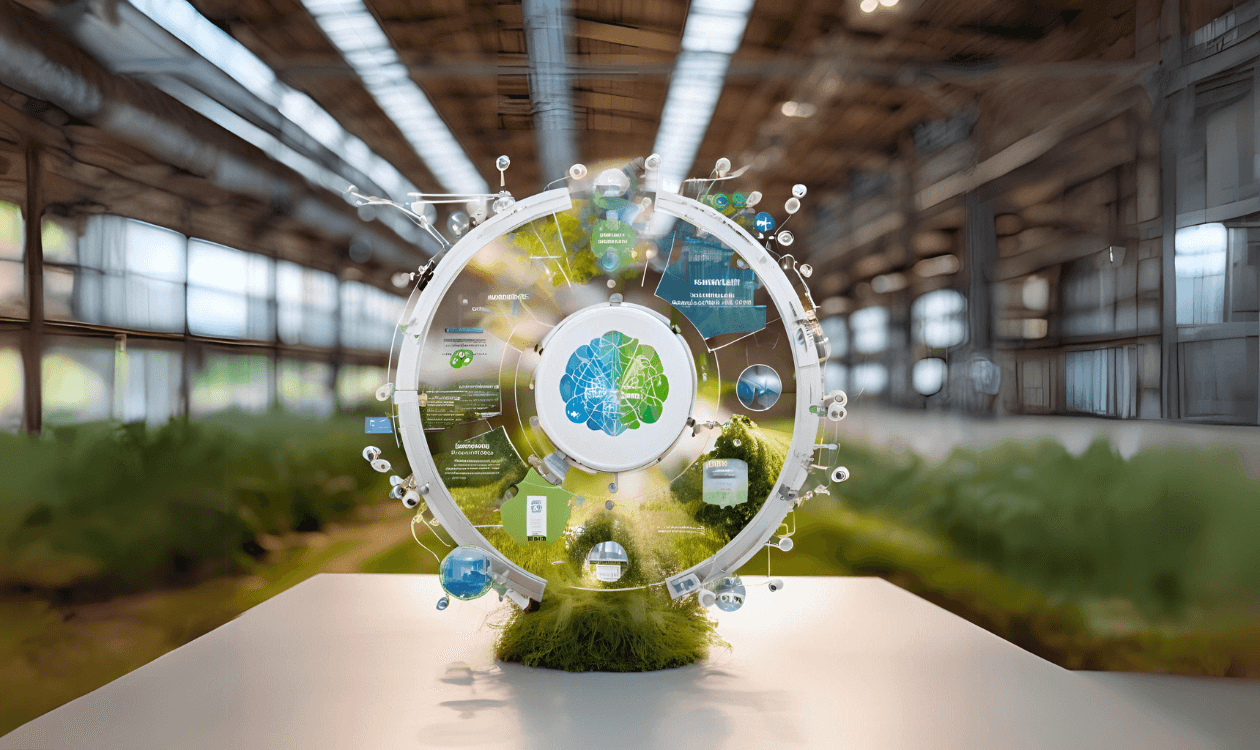
Transformation of Industry 5.0
This is a process in which enterprises adapt to changes resulting from the implementation of new technologies in the industry. This process includes the digital transformation of Industry 5.0, the implementation of new technologies, and the integration of humans with technology.
Industrial digital transformation is a process that involves several stages:
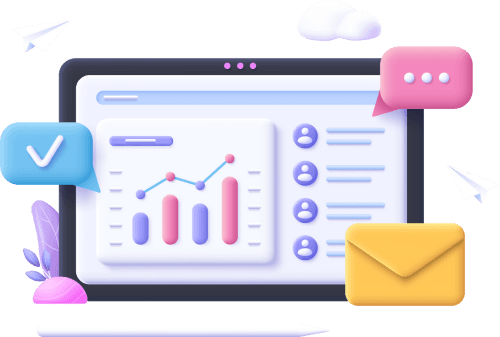
Analysis
Assessment of the current situation of the company and identification of areas requiring changes.
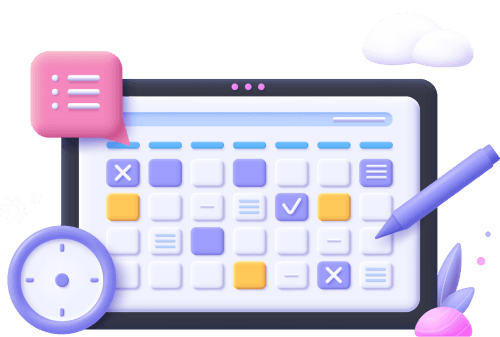
Planning
Development of an action plan that includes business, technological, and social goals.
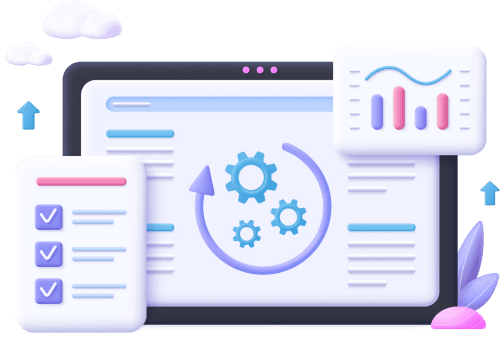
Implementation
Deployment of innovative solutions such as artificial intelligence, WMS systems, machine learning, cobots, 3D printing, and the Internet of Things (IoT).
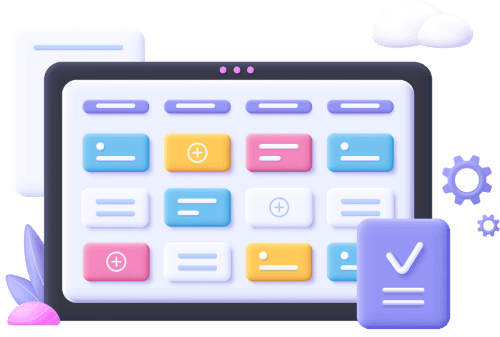
Integration
Combining new technologies with existing systems and production processes.
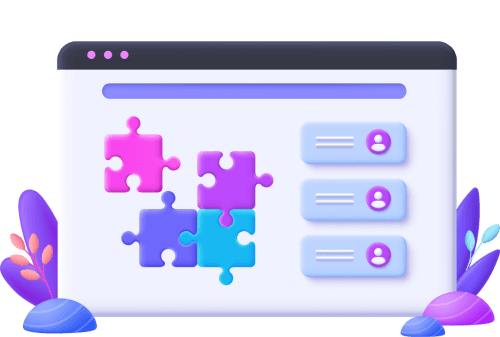
Adaptation
Preparing the workforce for changes through training, skill development, and cooperation with new technologies.
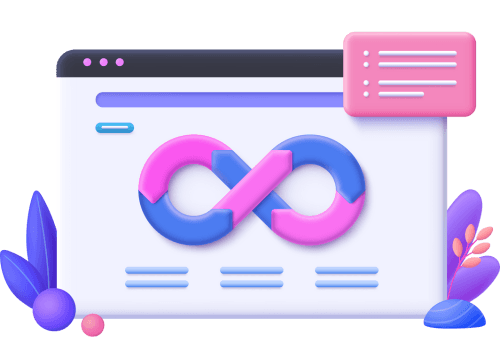
Monitoring
Continuous control and evaluation of the effects of transformation to further optimize production processes.
Benefits of Implementing Industry 5.0
Industry 5.0 is a concept of industrial development that emphasizes harmony between humans and technology, transforming the traditional production environment. Here are some benefits of implementing Industry 5.0
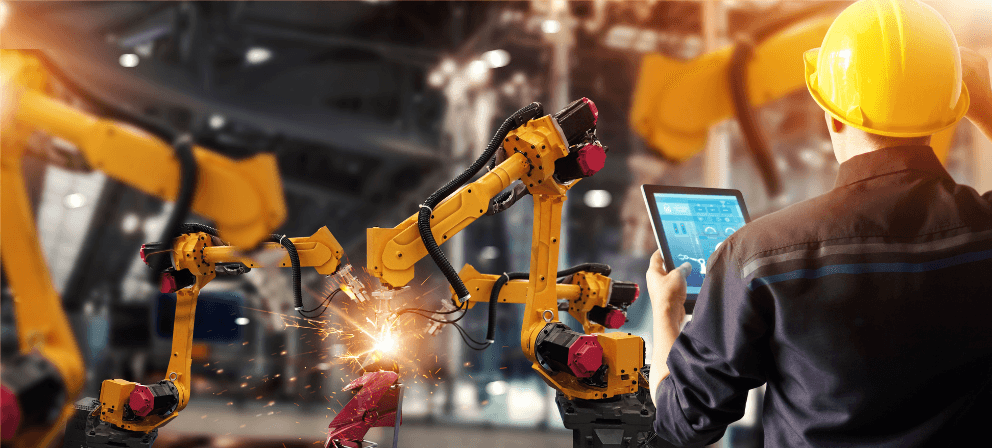
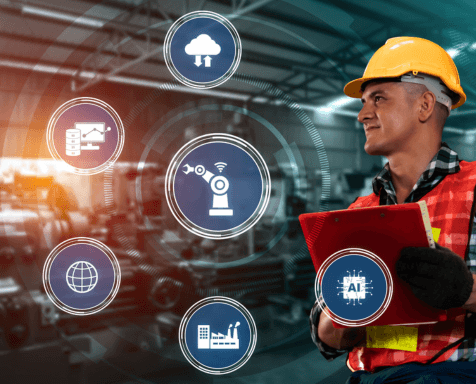
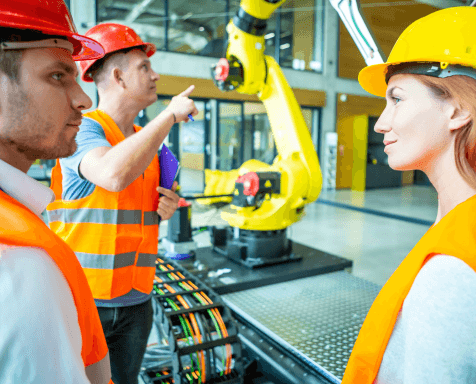
Increased Production Flexibility
By utilizing advanced technologies such as IoT and AI, Industry 5.0 enables flexible adaptation of production processes to changing market needs.
Personalization and Individualization of Production
Thanks to data analysis capabilities and on-demand production, Industry 5.0 allows products to be tailored to individual customer preferences, which can enhance companies' competitiveness.
Workplace Safety and Ergonomics
Industry 5.0 focuses on collaboration between humans and robots, which can reduce the risk of accidents while increasing workplace ergonomics.
Creating New Jobs
Although automation can lead to changes in employment structures, the introduction of Industry 5.0 also opens up new employment opportunities, particularly in areas related to service, programming, and technology management.